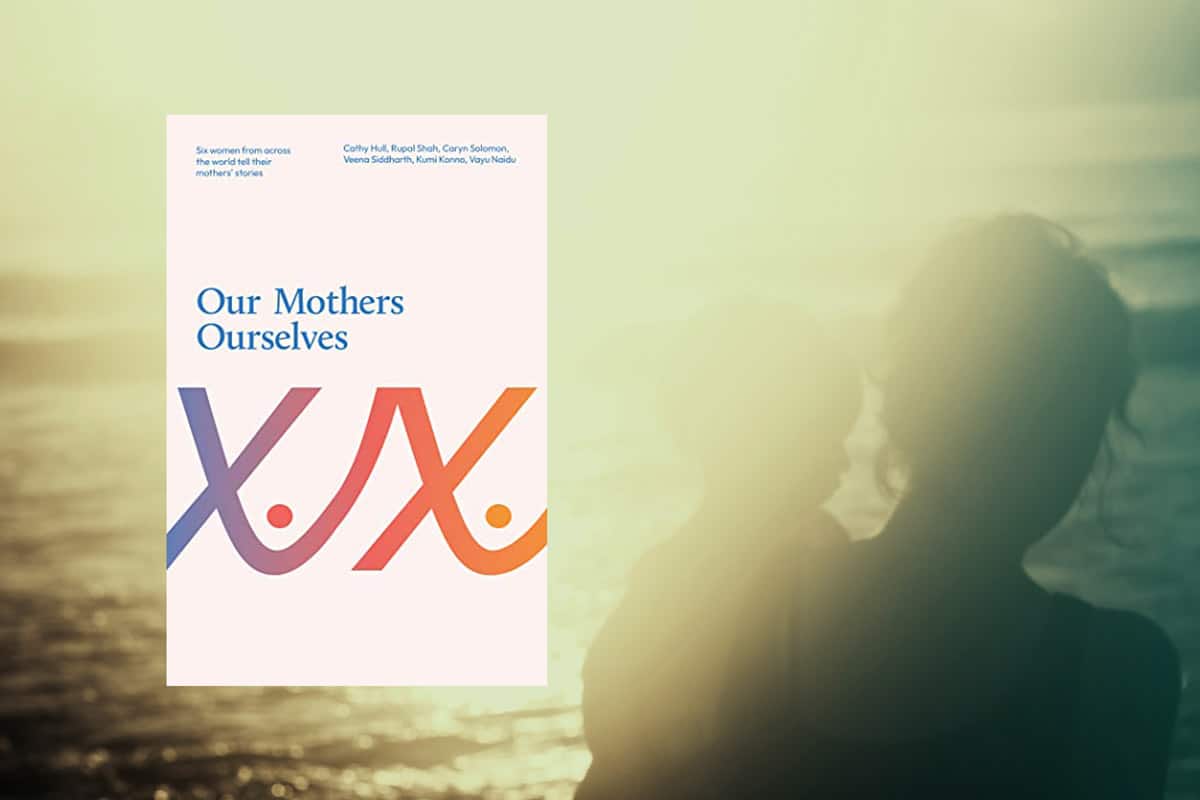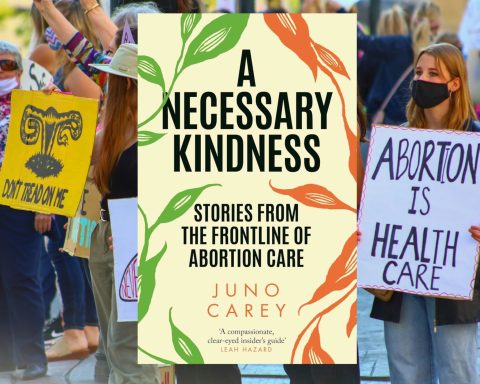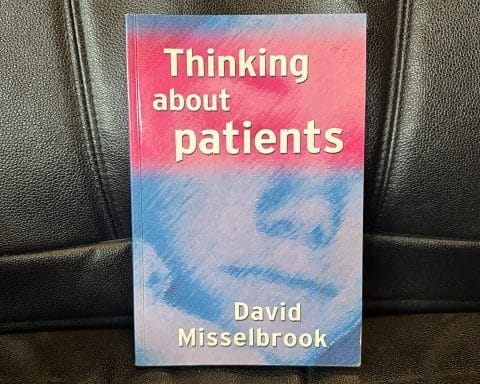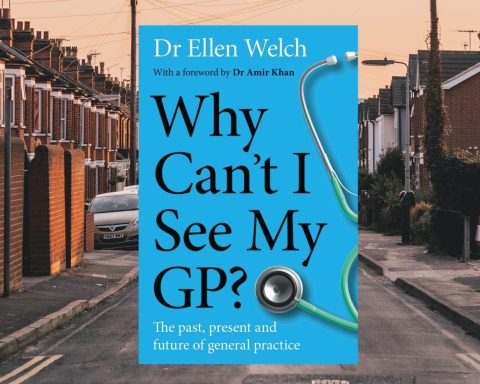Hannah Milton is a GP, mum, and runner.
I was invited to review this book and it seemed quite different to my usual genre of child psychology at first, but I found it beautifully thought-provoking and heart-warming. Six authors of differing careers, backgrounds, and geography write about their mothers’ lives in six chapters, connected by themes of mothering, immigration, and cultural change. Profits from the book are being donated to https://www.refugeewomen.co.uk, a charity that supports and empowers women who are refugees and asylum-seekers. This book is timely as many of us welcome Ukrainian immigrants into our communities.
All the mothers in the book are in some ways ‘ordinary’ for their time and place of birth, but their stories are extraordinary when brought to life by their daughters. And it is extraordinary to read about the past through cultures different from my own. The book is almost dream-like, in that way that memories are fragments of significant moments mixed with ordinary day-to-day moments on different timescales. Each author has a unique style but the common themes and similar timings, spanning WW2, bind them together. It was wonderful to see women’s real history documented as so often it is only men and men’s perspectives that have been documented.
Provoking insight is the first step to changing biases, so I was grateful for this personal and emotive insight.
I learnt some new perspectives on racism with a short history of antisemitism in the UK, apartheid in 1970s South Africa, and the overt and subtle racism of 1970s London for a newly arrived couple from India. In Rupal Shah’s mother’s story, it really stood out for me that she could tell when someone was patronising or underestimating her because of her appearance and accent. How ‘alien’ or ‘other’ people must feel when moving to a new culture, while also losing touch with their own culture and a feeling of belonging there as well. It made me question if I could be subconsciously patronising people under the pressure of a 10-minute consultation in a culturally diverse area. Provoking insight is the first step to changing biases, so I was grateful for this personal and emotive insight.
The old patriarchal values of women serving men and family was prominent in all the stories. There was some inevitable disconnect at times between the mothers in the book and the next generation writing about them because of these old values. All overcame this disconnection as they were emotionally close to their mothers, but I found it made me question my expectations of my own children. Our children are learning to live in a different world to their parents. I felt stifled by patriarchal values as a child, but these mothers’ stories make me realise how incredibly privileged I have been and how much I want even more change for my own daughter (and indeed my son). My children may choose a different future to the one I am used to and imagine for them, but these stories show that while that may be difficult or worrying at times, it is important to support them.
This book made me feel nostalgia, joy, sadness, and that safety and security that only family can give. It helped me think of the perspectives of people from cultures other than my own. And maybe it was still my usual genre of child psychology after all!
Featured book: Cathy Hull, Rupal Shah, Caryn Solomon, et al. Our Mothers Ourselves: Six Women from Across the World Tell Their Mothers’ Stories, London: Austin Macauley, 2022, £8.72, 978-1398449848.
Featured photo by Matt Hoffman on Unsplash.








